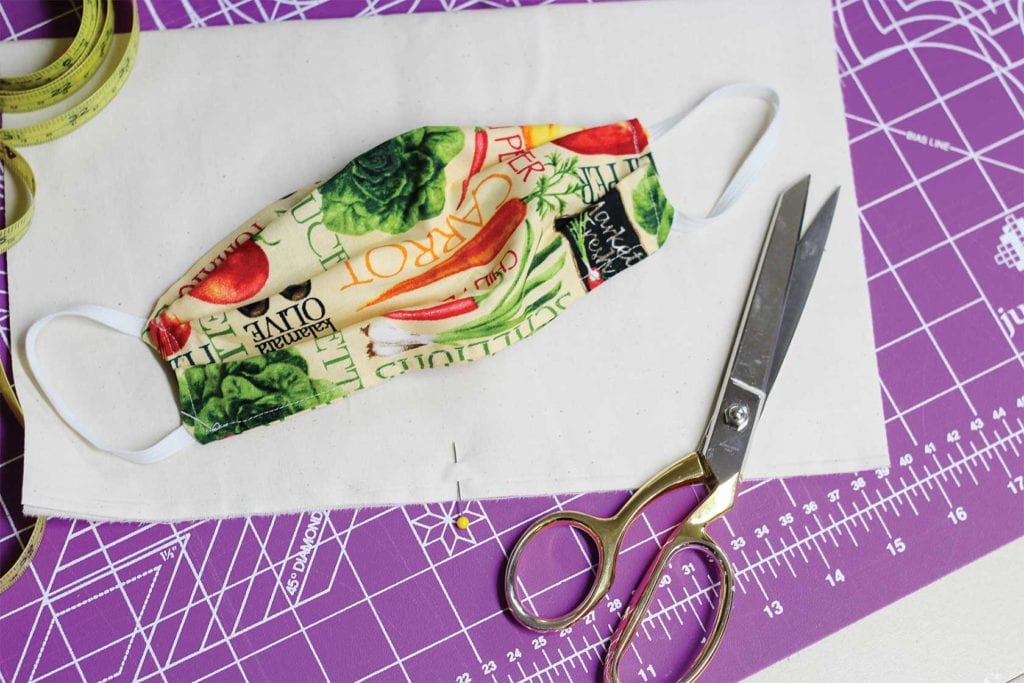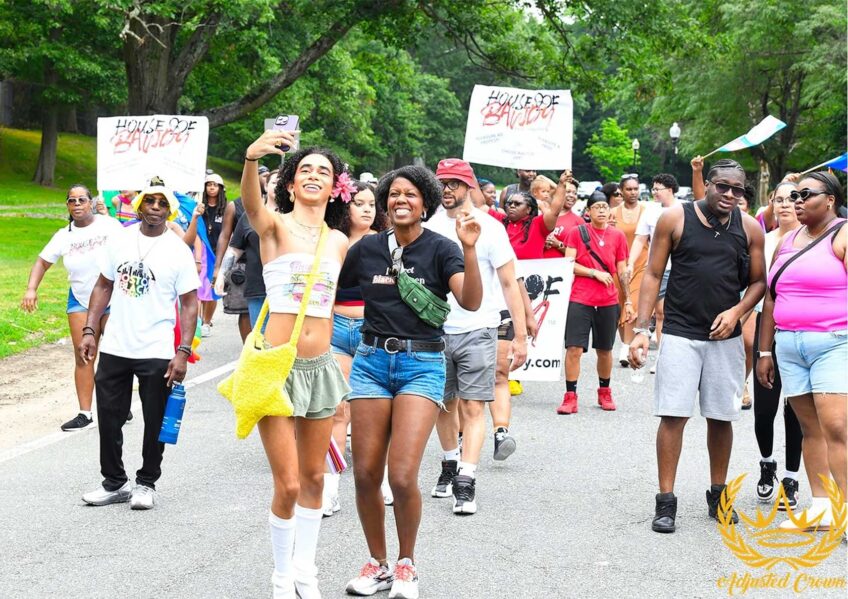City councilor, textile artists make face masks for healthcare workers

Boston textile artists have turned their talents from statement-making art projects to the Boston Area Mask Initiative to make face masks for healthcare workers and citizens in need.
Just days after launching its website on March 22, The Boston Area Mask Initiative had received 2,400 requests from medical workers for fabric masks. The need has remained steady in the past few weeks, with hundreds of masks being distributed daily.
City Councilor Annissa Essaibi-George, who also is owner of Stitch House in Dorchester, has been churning out masks from her shop, which is closed to the public. Stitch House also serves as a mask drop-off facility and has distributed kits to other sewers looking to contribute.
Essaibi-George estimates Stitch House has sewn 500 masks and distributed kits for 1,000 others.
“If you participate in any sort of craft, whether it’s knitting, whether it’s sewing, whether it’s quilting, we as a community are doers,” she says. “I try to keep the first half of my day for my council work and then the afternoon into late-night I’ve been up at my shop every night for hours making masks.” Essaibi-George, a longtime advocate to end homelessness, has also partnered with The Winter Walk to provide masks for homeless individuals at high risk.
There are a variety of different styles of fabric face masks, some that include pockets for filters and some that serve just as a basic face covering. None of these fabric masks are meant to replace medical-grade masks, but health care workers can use them as an extra layer of protection to prolong the use of their surgical masks. Ordinary citizens can wear them as a covering per Mayor Walsh’s instructions to have a face covering on whenever outside home.
Stitch House also has been running Zoom and Facebook Live workshops and sew-alongs to allow the textile arts community to work together while apart. These gatherings are sometimes instructional but also mimic a craft circle, with the sewers discussing their lives and bonding during a challenging time.
“It’s sometimes a lonely community, because you can find yourself working on your craft solo. To be able to do this with others and do it virtually, it’s really nice to be connected to other people,” says Essaibi-George.
The Boston Area Mask Initiative Facebook page has come alive with makers joining together to compare sewing notes, discuss where to get supplies and celebrate the large batches of masks that are completed daily.
Though health is the first concern in this project, joy is a welcome side effect. Essaibi-George recalls a nurse friend asking her for a fabric mask to wear to and from work instead of her medical-grade mask. She wanted something lively and pretty to bring brightness into her challenging days. Essaibi-George created a vibrant floral mask for her.
“If I can lift her spirits in that little way,” she says, “I feel that I’ve got a small gift to give somebody, and it’s what I can do.”







